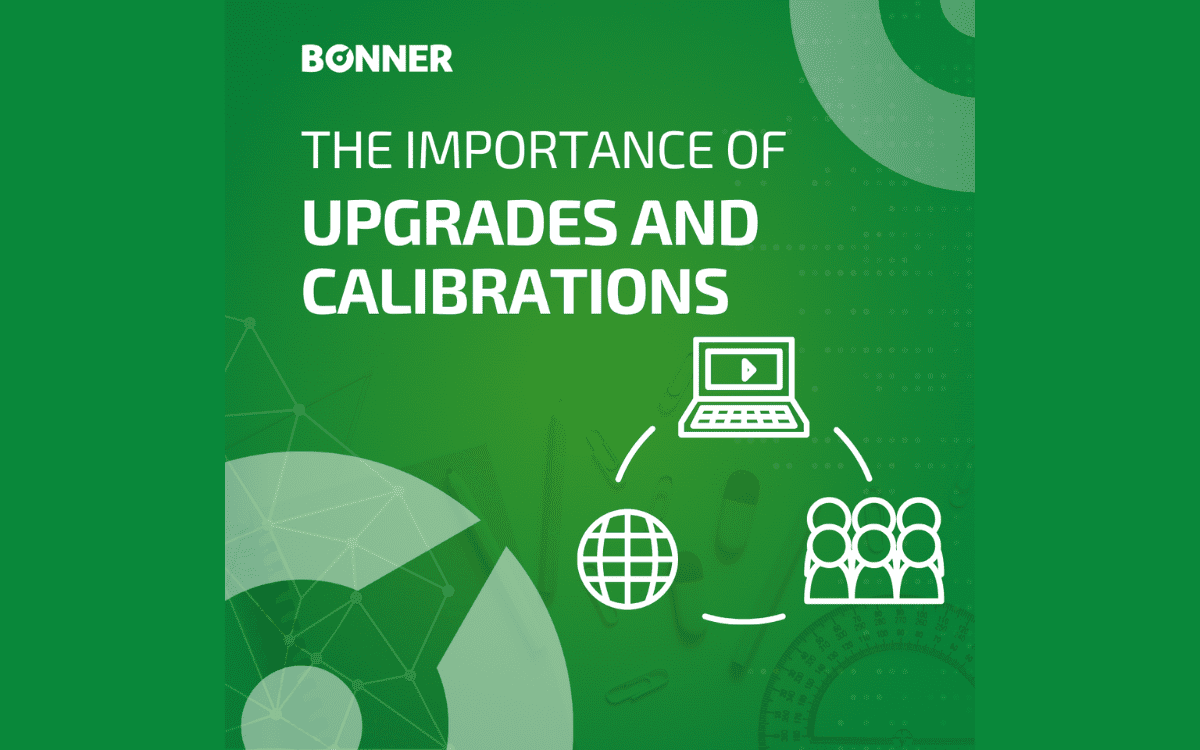It’s the time of year where the kids are back to school, holidays are over and people are looking to knuckle down and get some hard work done!
The last thing you need to come across is out of date, faulty software or equipment. Such issues can cause downtime and therefore low productivity and a knock-on effect for multiple processes.
There are important steps you can take as a business owner or department manager to make sure systems are up to date and equipment or facilities are working to their full potential –
Software Upgrades
Manufacturing software requires regular updating and upgrading just as any household software would. Keeping it up to date means that any bug fixes, new features and security updates will be installed.
Failure to keep software up to date, especially in a manufacturing environment, can result in unplanned downtime, faulty products and reduction in productivity or cost efficiency.
There are some scheduled updates you can make to software, whether it’s in the office or on the factory floor, but there are also upgrades you can make at a time that suits you, such as installing newer versions of software, running recommended updates and installing the latest security patches.
Cybersecurity System Upgrades
Cyber threats are a common occurrence and need to be mitigated against at all times. An untimely cyber attack can halt an entire facility, shutting down all systems and processes, so it’s imperative to make sure all cybersecurity systems and software are up to date.
Carrying out regular risk assessments can give you some indication as to if and when you need to upgrade your cybersecurity software in a hurry. But in all cases, this should be a regular occurrence and part of your regular checks, just as much as maintaining machinery is.
You can read more about protecting your Operational Technology networks here.
Calibration
Regular calibration ensures that equipment continues to work to its full potential and that productivity is at capacity. Carrying out calibration checks at regular intervals can limit downtime as well as ensure that quality standards are met, and equipment is safe to use.
We highly recommend scheduling calibration as part of a regular maintenance program – BONNER provides in-house and on-site services to suit your schedule, but we can also be relied on to provide calibration services for ad hoc purposes.
Not only will regular calibration limit the chance of faulty machinery, there are several benefits such as continued high quality outputs, increased reliability and efficiency and regulatory compliance.
All BONNER test equipment is ISO 17025 certified and our calibrations comply with HPRA, FDA, HACCP and BRC regulations.
Instrument Maintenance
Similarly to calibration, regular maintenance of instruments and equipment can limit the chances of breakdowns and therefore lower the risk of downtime.
Servicing and checking on a scheduled basis identifies issues before they cause any knock-on effects or turn into more major problems.
Planned instrument maintenance can mean replacing or cleaning parts of larger scale machinery, which is much more cost effective than buying new equipment if it breaks down.
Manufacturers will often provide recommendations on how often to carry out maintenance on machinery and equipment and as part of safety regulations it is often necessary to hold certification that services have been performed.
Read more about how BONNER can help with planned instrument maintenance.
Whether you need a full facility overview or if you can pinpoint what software or equipment needs updating or maintaining, talk to BONNER today for more information on how we can keep your warehouse, factory or facility fully operational.
